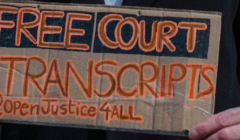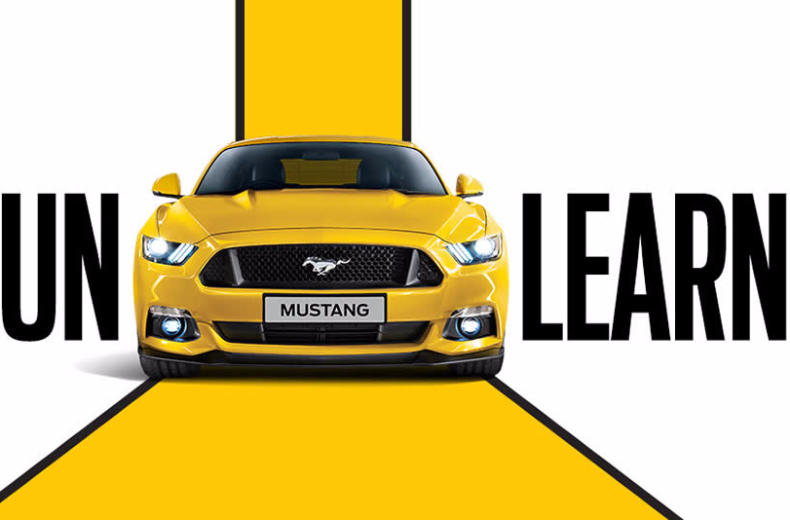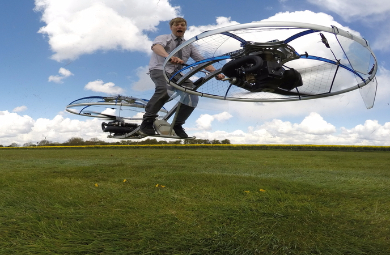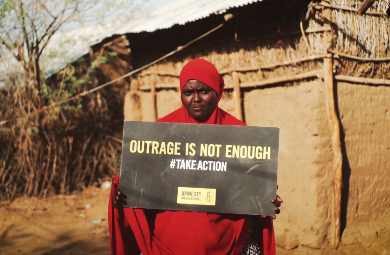
Why Open Justice For All is seeking change for victims
Campaigner Charlotte Schreurs explains why the creative industry is coming together to lobby for change for victims.


The days of interruptive marketing are (happily) coming to an end, as consumers build up more and more power to choose for themselves what they watch, read, and experience. So brands need to embrace an earned mentality in their communications and marketing. Innovation is essential. But so is a heavy dose of old-fashioned storytelling, and a strong connection to the culture of the moment.
Looking at why some brands are succeeding where others are failing we believe that being ‘in-step’ with and accurately reflecting the reality of audiences is critical. Indeed for brands to matter today they need to take action and do things that people value. This insight into how to foster cultural relevance is central to our philosophy. Only by being attuned to their core audience and keeping up with relevant cultural vibrations can brands weave themselves into the fabric of conversations. Their stories and content take on the value of social currency that people choose to consumer and share.
Successful brand communications is now about action. This makes the difference between surviving and thriving. Action that requires observation, rapid response, and the creation of simple, helpful solutions.
We have defined these actions as five critical ‘big behaviours’ that boost cultural relevance and make brands matter:
Cultural relevance requires an outward-looking philosophy that remains alien to many marketers and involves a fundamental shift in how brand engagement works. To be culturally relevant brands need to add something to the cultural quotient and earn the right to be talked about. Becoming culturally relevant is not about hijacking conversations but about enhancing them. To be culturally relevant brands need to do culture.

In an era of mobility innovations, Ford is leading in its field but while it is a brand with high awareness, the challenge was to flip the switch from a well-known brand to an aspirational one. We needed to ignite conversations about Ford as a brand with a heritage of innovation at its core, one that shaped the way the world moves and how it continues on that journey.
Working as an integrated team, with our WPP partners GTB (Global Team Blue), we acknowledged that a major fundamental of life today is the profound rate of change; in demography, family structure and technology meaning rules are changing fast. The ability to let go of old rules and learn new ones is vital.
We recognised that the concept ‘Unlearn’ is key to succeeding in a constantly changing environment. Parallels between what motivates Ford, an innovation-led brand, and how people achieve in modern life meant ‘unlearning’ was embedded in the heart of the idea.
The advertising campaign asked people to unlearn all they know about Ford and life itself, showing scenarios in which people "unlearn" what they already know. The PR role was to make ‘Unlearn’ resonate more broadly and was led by our belief that to affect culture brands need to do culture.
We worked with cultural influencers that matched the interests of the audiences that Ford wanted to engage. These partnerships explored how Ford could encourage people to actually ‘Unlearn’ something for real and change preconceptions thus, earning Ford a place in every day conversations.
A key example was Colin Furze, a Lincolnshire plumber, inventor and YouTube star with two million followers. Colin epitomises Ford’s belief in breaking down barriers and activating fresh thinking. We challenged him to get the world thinking about how we can reimagine the way we get from A to B – how we can ‘Unlearn mobility’?
Colin made a passionate plea to crowdsource ideas on how he should meet Ford’s challenge to Unlearn Mobility generating 10,000 suggestions in less than 24 hours. He created a series of outlandish videos exploring the publics suggestions and in definitive ‘action brand’ style, embarked on designing and building a pioneering mobility solution, gathering momentum from audiences and media across the world as the project progressed.
On 28th April 2016 we unveiled the world’s first homemade Hoverbike. Tapping into a subject of timeless relevance: humans’ fascination with solo flight and the evolution of everyday mobility, the launch video generated over 18 million views and more than 20,000 comments. Awareness of the homemade hoverbike from Colin Furze and Ford became social currency.
By being an action brand and adopting behaviours that power cultural relevance, demonstrated that Ford do culture.
The Unlearn campaign achieved a 40% prompted awareness of Unlearn during the launch campaign. Consideration of the brand improved 12% and a 5% increase in favourable brand opinion was achieved during 2016.
A quantifiable uplift in sales during the Unlearn campaign, contributed to record full-year performance for Ford of Europe. Sales have continued to show growth since the launch.
Agency: #Unlearn, Ogilvy Public Relations


For Amnesty International’s #TakeAction campaign, we were tasked with converting support for refugees on Twitter into direct action. To achieve this, Amnesty led and responded. Ogilvy enabled Amnesty to reply to outraged tweets about the refugee crisis with personal, direct video messages from refugee camps. Informing the tweeter that while their support was appreciated, 'Outrage is not Enough'.
Personal replies created an emotional connection, empowering people to #TakeAction and make a difference by signing Amnesty’s petition. The authentic ‘action brand’ behaviour proved they were operating at the heart of the refugee crisis, and effecting change.
Agency: Ogilvy Public Relations, London

Serge believes that brands need to be culturally relevant in order to survive and thrive. Being the uncommon product of an advertising, social and PR background, Serge has developed a theory based on the notion of survival of the fittest. Simply, that only enlightened brands that evolve in-line with the rapidly changing consumer, media and cultural environment, will win. Serge helps enlighten clients to develop their own cultural narrative and become more relevant. Notwithstanding, Serge has also innovated a hyper-collaborative model which sees client-facing strategists and creatives working as true partners. As a result, Ogilvy PR’s work is as insightful as it is creative and fast…because culture doesn’t wait.
Looks like you need to create a Creativebrief account to perform this action.
Create account Sign inLooks like you need to create a Creativebrief account to perform this action.
Create account Sign in